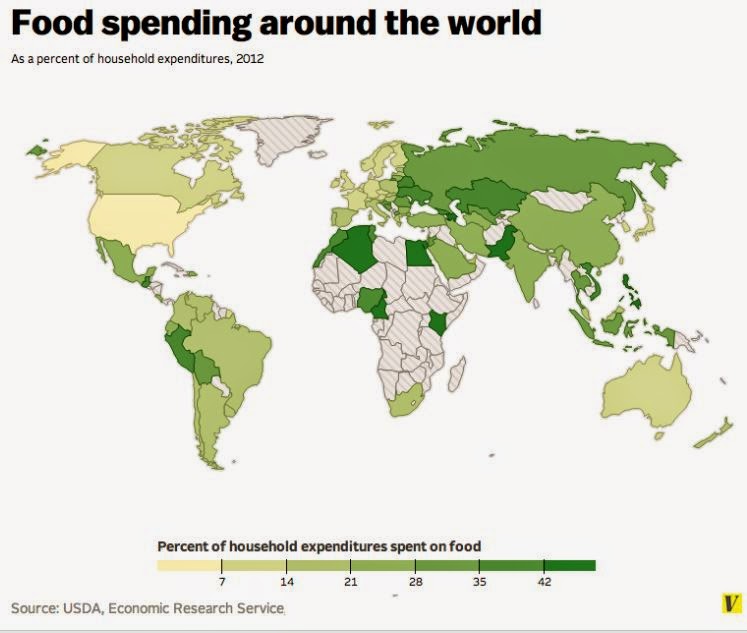OK. I know you are excited about school gardens. This website and its resources are simply going to blow you away.
I challenge any school board any where in Windsor and Essex County to watch this short video and then tell me that School Gardens are a bad idea.
This is simply incredible!
Steve Green
Stephanie Alexander has a vision that pleasurable food education is accessible to every Australian school with a primary curriculum.The not-for-profit Stephanie Alexander Kitchen Garden Foundation takes a revolutionary approach to food education focusing on pleasure, flavour and fun via the Stephanie Alexander Kitchen Garden Program.
The recipe for effective food education:
- Encourage fun, flavour and texture through experiences that engage all the senses.
- Model good food choices without resorting to pyramids or labels of ‘healthy’ or ‘unhealthy’.
- Reinforce techniques repeatedly, providing the confidence to plant seeds or cook simple dishes at home.
- Plan menus around the fresh, seasonal produce growing in the garden.
- Use ingredients at their peak – seasonal herbs, crisp veggies, fresh fruits.
- Expand culinary horizons, presenting cultural differences as fascinating rather than strange.
- Expand vocabularies for describing foods, flavours, textures, plants and processes.
- Food should be delicious and the cooking of fresh fruit and vegetables should be timed with great care.
- Come together at the end of the cooking to share our meal around the table.
Stephanie says...
'I believe absolutely in the importance and power of the shared table.
In many cultures, eating together around a table is the centre of family life.
It is the meeting place, where thoughts are shared, ideas challenged,
news is exchanged and where the participants leave the table
restored in many ways.'





